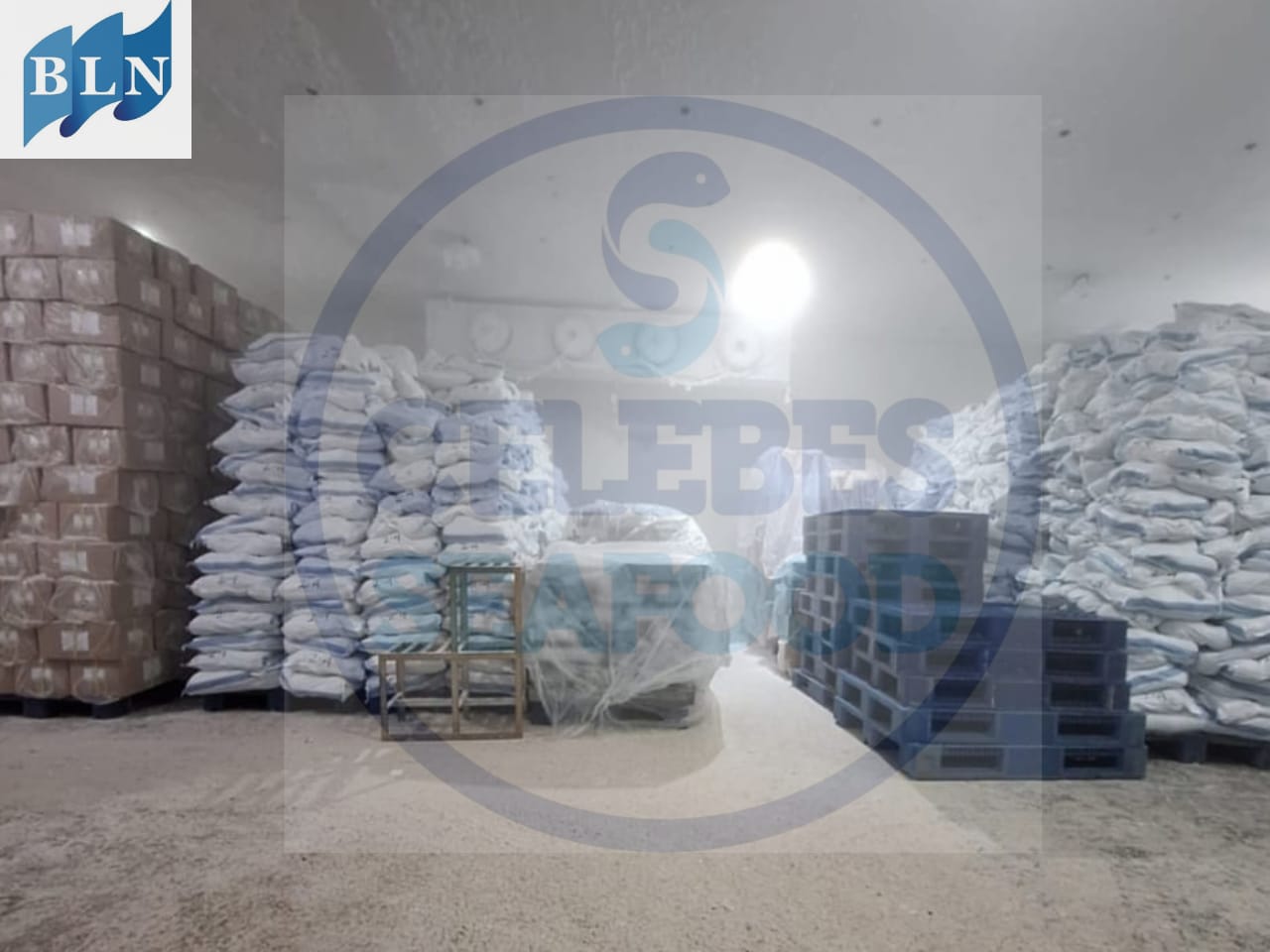Cold storage is a facility designed to store perishable goods at low temperatures
By. Saefudin HO - 13 Jan 2025
Cold storage is a facility designed to store perishable goods at low temperatures, ensuring they remain fresh and safe for consumption over extended periods. It plays a crucial role in various industries, including food, pharmaceuticals, and chemicals, where temperature control is vital to prevent spoilage, degradation, or contamination.
There are two primary types of cold storage: refrigerated storage (with temperatures ranging from 0°C to 10°C) and freezer storage (with temperatures below -18°C). Refrigerated storage is typically used for fruits, vegetables, dairy products, and processed foods, while freezer storage is ideal for meats, seafood, and frozen goods.
Cold storage facilities are equipped with advanced cooling systems that maintain the required temperature levels. These systems often use energy-efficient and environmentally friendly refrigeration technologies to minimize environmental impact. Additionally, cold storage facilities are equipped with temperature and humidity monitoring systems to ensure the storage conditions remain optimal for preserving product quality.
Effective cold storage management is crucial to maintaining product integrity and safety. Regular maintenance of refrigeration equipment, continuous temperature monitoring, and proper stock rotation practices are essential for ensuring that stored goods remain in peak condition.
Cold storage is an essential component of the global supply chain, enabling the transportation and distribution of temperature-sensitive products across long distances without compromising quality or safety. It ensures that consumers have access to fresh and safe products, regardless of distance or time.

.jpg)

 A Freshwater Predator Full of Benefits.jpg)


.jpg)

.jpg)